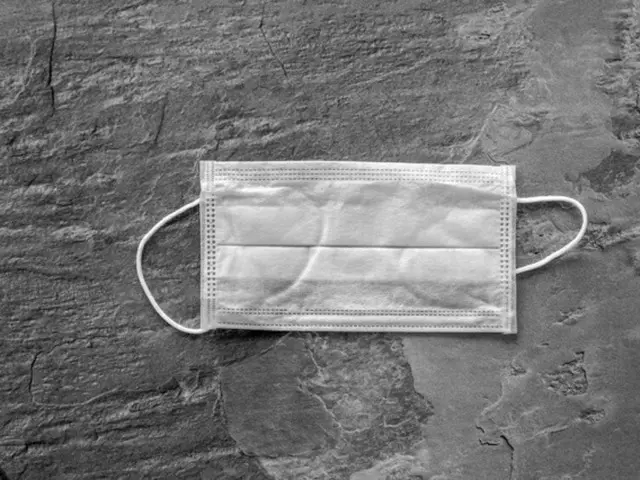The restrictions will be relaxed 24 hours after the symptoms of the COVID-19 virus have improved. From this date, the COVID-19 virus crisis level will be revised from "alert" to the lowest level of "concern."
The cases are classified as "concern, caution, vigilance, and serious." These measures have brought the COVID-19 virus closer to an "endemic" state.
This marks the first time in four years and four months since the first cases were reported in January 2020 that the country will be able to fully return to normal. The reason for the decision to lower the crisis level is the significant decline in the number of COVID-19 virus infections.
The decision was made taking into consideration the fact that no rapid increase in the epidemic has been confirmed in a short period of time, and that the mortality rate and severity of the COVID-19 virus have been steadily decreasing.
The number of infected people was 4,705 in the first week of March this year, but dropped to 2,283 in the second week of April. From now on, the legal obligations that were applied to quarantine will be lifted and replaced by "autonomous quarantine practice."
After symptoms improve, those infected with COVID-19 are monitored for about a day and, if no abnormalities are found, they can return to their daily lives even if five days have not passed since infection.
Wearing masks in medical institutions and residential facilities for infected people will also change from a "mandatory" to a "recommended" rule. Preemptive testing of residents in nursing homes and other facilities for infected people will also change to a "recommended" rule.
The preemptive testing obligation for staff and guardians at nursing homes has already been changed to a "recommendation" in June and August 2023, respectively. Medical support will also be adjusted to minimize the burden of testing and treatment costs.
In the case of CR testing, health insurance will apply, but the temporary subsidy of approximately 10,000 won (approximately 1,140 yen) to 30,000 won (approximately 3,410 yen) will end.
Among those with symptoms, those who are eligible for treatment, such as those aged 60 or over, those aged 12 or over with underlying diseases or immunocompromised people, those at medical institutions in vulnerable areas, patients visiting emergency rooms, and those intensive care units, are also eligible.
Rapid antigen testing will continue to be supported for hospitalized patients in the treatment unit. Vaccination against the COVID-19 virus will remain free for all citizens until the 2024 seasonal vaccination.
This year's seasonal vaccination will be free of charge only for high-risk groups such as those aged 65 or older and those with weakened immune systems.
"It is customary to take time off work if you are sick, but this is a culture that is absolutely necessary for maintaining the health of Korean society."
2024/05/01 07:06 KST
Copyrights(C) Edaily wowkorea.jp 107

